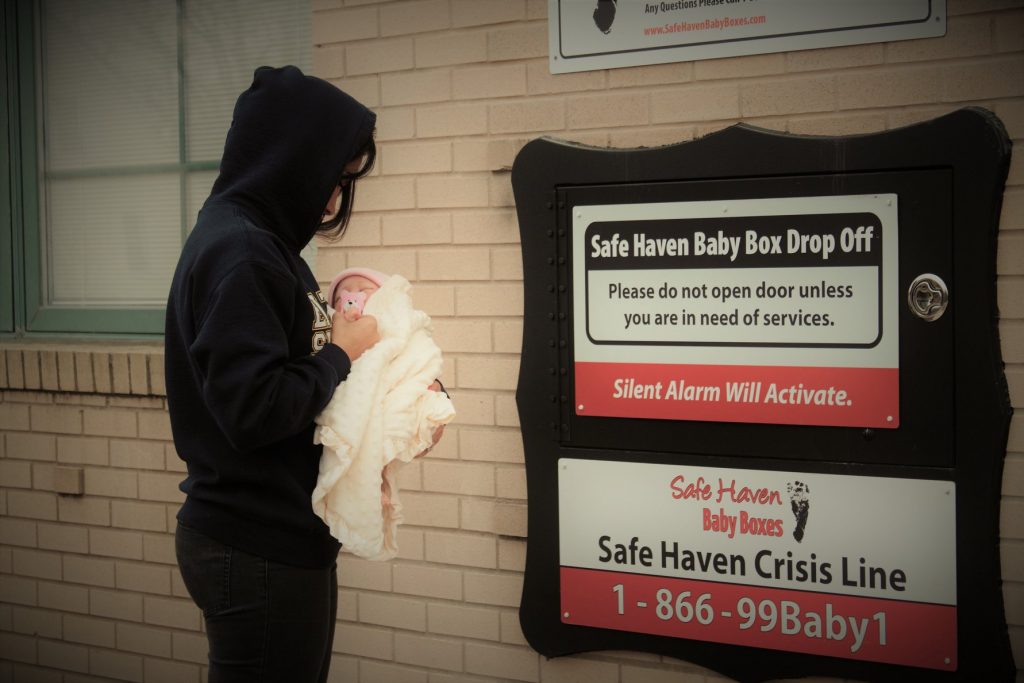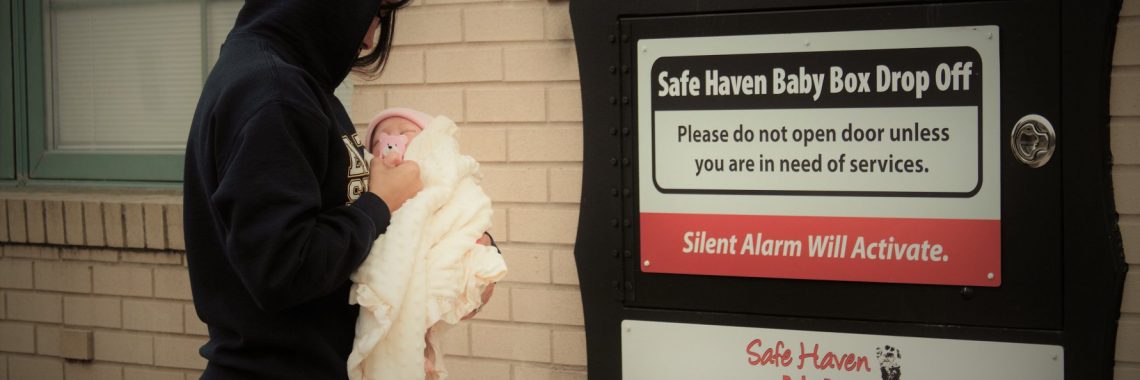Harrison to Dedicate First Safe Haven Baby Box Today

The following press release is from our friends at Arkansas Right to Life.
HARRISON – Harrison’s 1st and Arkansas’ 30th Safe Haven Baby Box will be dedicated at 1 p.m., Wednesday, July 16, at the Harrison Fire Department, 523 S. Pine St. The public is invited.
“Saving lives just got a little easier in Harrison, Arkansas, as our newest baby box will be blessed on July 16th. The newest addition represents a significant step forward in our mission to provide a safe and anonymous alternative to surrendering an infant,” said Monica Kelsey, founder of Safe Haven Baby Boxes. “Our new location will offer a secure and compassionate option for parents in crisis and help ensure every infant has a chance for a safe and loving future. Across the country, there are 358 Safe Haven Baby Box locations with 30 in Arkansas.”
Kelsey added, “The Safe Haven Baby Box in Harrison would not have been possible without the local advocates, the Knights of Columbus, who worked tirelessly to bring this resource to their community.”
Speakers at the event are Rose Mimms, executive director of Arkansas Right to Life, and Jerry Hogue of the Knights of Columbus. Father Ben Riley of Mary Mother of God Catholic Church will offer a blessing and remarks.
Safe Haven Baby Boxes was founded by Monica Kelsey on a mission to end infant abandonment. In addition to baby boxes, the organization provides a confidential National Hotline, 1-866-99BABY1. Twenty-four states have a Baby Box presence within their state. Kelsey shared, “We have seen time and time again that preparation can save and change lives. We never know when or where we will be needed, so it is crucial to have options for mothers in crisis. I am grateful for local advocates who take our mission to their community.”
Since 2017, 60 infants have been safely and legally surrendered in a Baby Box. The National Safe Haven Crisis line has assisted with more than 150 handoff surrenders. Each year the numbers increase with more baby boxes available across the country. Surrendered infants are adopted by families who have registered as foster to adopt. The Local Department of Family Services coordinates the adoption process.
–30–
Arkansas Right to Life is the state affiliate of the National Right to Life Committee, the oldest and largest pro-life organization. For more information, visit https://artl.org/.





